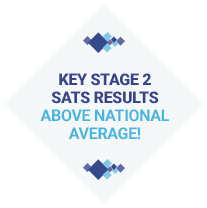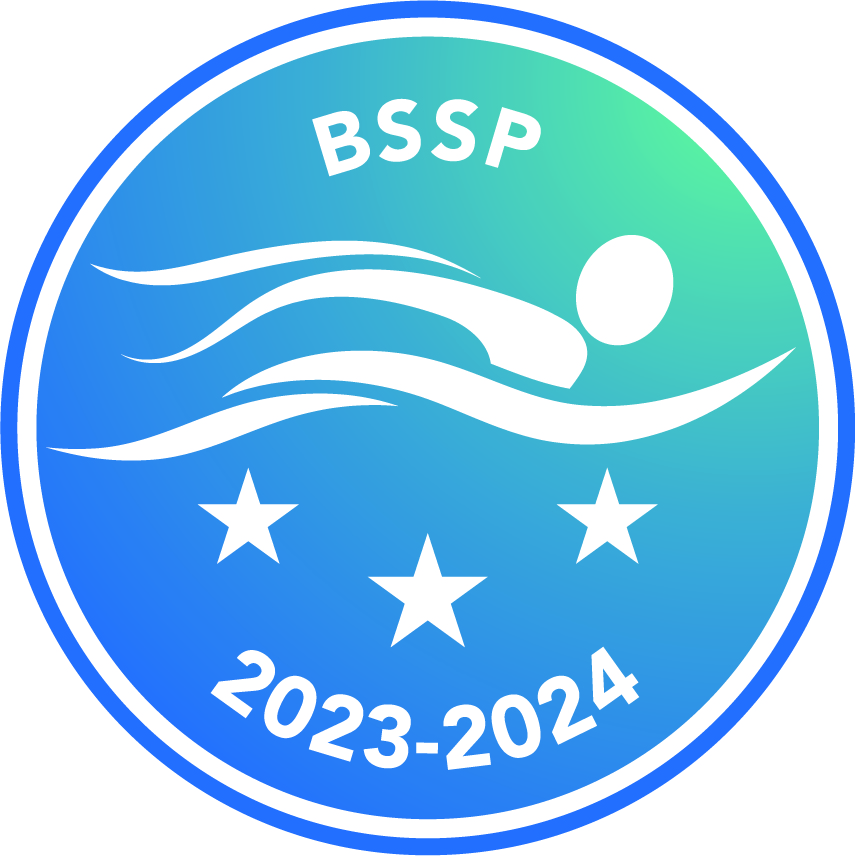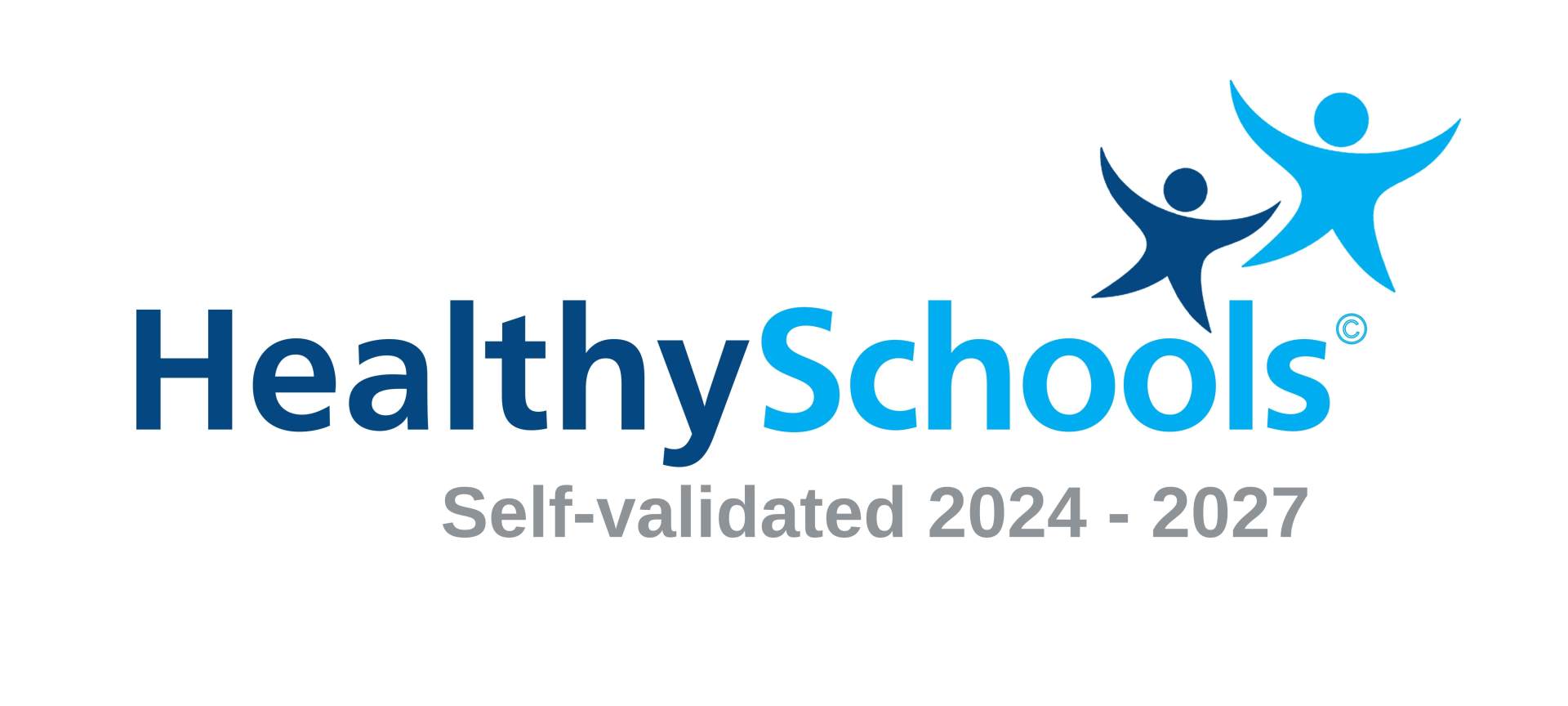Significant & Inspirational Leaders in Computing
Computing - Recommended Reads
Data & Fake News Recommended Reads
Developing Interest in Computing Recommended Reads
Digital Technology Recommended Reads
Computing
“Imagination is more important than knowledge. For knowledge is limited, whereas imagination embraces the entire world, stimulating progress, giving birth to evolution.” Albert Einstein
Intent
At Buckingham Primary School, we acknowledge the pivotal role that technology currently plays, and will continue to play, in society. Therefore, we want to provide our children with the skills they need to thrive in a digital world.
Pupils will work towards the national expectations at the end of each key stage (EYFS, KS1 and KS2). We aim to provide children with access to high-quality resources and teaching that equips them with the knowledge to work in the rapidly changing digital world and inspire them to pursue roles in the digital technology industry.
We continue to invest in the technology we have available in school, as the use of information and communication technology is an integral part of the national curriculum and is a key skill for everyday life. We offer the children access to a computer suite and interactive whiteboards, as well as having the provision of laptops and chromebooks when needed.
Computing is always part of our curriculum and is taught as both a stand-alone subject and as part of cross-curricular topics.
We utilise social media with our Facebook page where we are able to celebrate children’s successes and keep our local community involved and informed about school life. This demonstrates how social media can be used positively, not only for our children but for our community too. We encourage our children to become responsible digital citizens and emphasise the importance of online safety. Children learn how to be aware of how to keep themselves safe and how to report concerns about inappropriate content or cyber-bullying incidents.
Implementation
We have developed our spiral curriculum supported by the Teach Computing. All teachers are given the opportunity to research and develop topics within their own planning and can request additional training if, and when needed.
Key facts are explained to the pupils during high quality lesson inputs and are reinforced through a combination of revisiting through teaching and exploring and demonstrating in independent or paired work.
We provide a relevant, challenging, and enjoyable curriculum for Computing for all pupils, meeting the requirements of the national curriculum programmes of study for computing. Throughout the school we use computing as a tool to enhance learning throughout the curriculum. It is important to respond to new developments in technology and to equip pupils with the confidence and capability to use computing throughout their later life. Pupils enhance learning in other areas of the curriculum using computing and continually develop the understanding of how to use computing safely and responsibly.
Impact
After the implementation of this computing curriculum, children at Buckingham Primary School will be digitally literate and able to join the rest of the world on its digital platform. They will be equipped, not only with the skills and knowledge to use technology effectively and for their own benefit, but more importantly, safely. The biggest impact we want on our children is that they understand the consequences of using the internet and that they are also aware of how to keep themselves safe online.
As children become more confident in their abilities in Computing, they will become more independent and key life skills such as problem-solving, logical thinking and self-evaluation become second nature.
Teachers use their observations, as well as scrutiny of completed work, to assess who has met or not met the intended outcomes of a lesson. These children then receive in class support from the class teacher or further support from their peers. This information can also be used to inform groupings of the children the following lesson, enabling teachers to have a clear focus on supporting the needs of individual children. The curriculum is designed to be sequential, building on areas worked on in previous years, allowing children to build on their previous skills and allowing peer to peer support across many areas of the curriculum.





